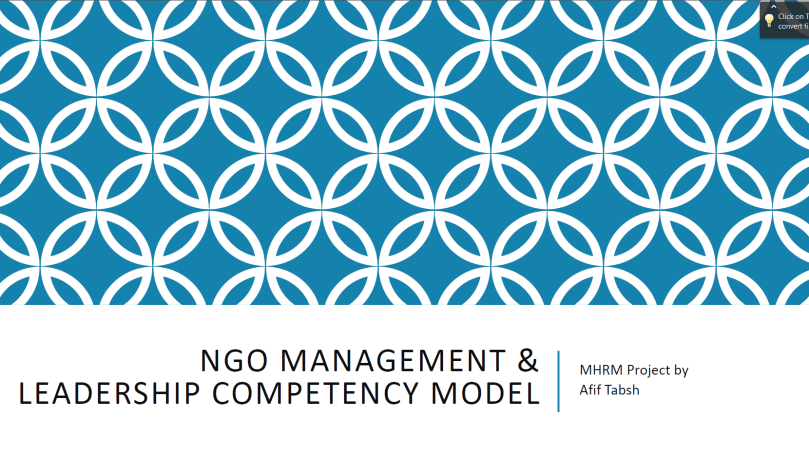
In today’s world, and ever changing technology, strategies, processes, products, market trends and requirements, work is no longer linear and definitely requires organizations to be nimble and fast acting.In every office, there are tasks or things that need to be done, but that are not necessarily part of anyone’s job description. Sometimes it is some new technology, a new development, a new product or anything that the organization didn’t have or know how to deal with before.
With that in mind, companies and organizational leaders always looks internally for existing talent that they can depend on to put things together, from various functions and ability to deal with some ambiguity to charter the way forward.
In most organizations I’ve worked with, consulted or advised, there were always a few “Star players” some go-to team members that seem to know, do and are capable of things beyond their typical job description or role requires.
Those are people that might not officially have a title or a specific role, but that everyone around knows that they can go to them with a problem, challenge or situation to assist them.
They seem to have a special mindset of “can-do” and are eager and curious to learn and assist others.
Without people knowing, those people become extremely valued in their organizations and among their team, and they somehow manage to get the seat at the table whenever something strategic, new or challenging comes up.
Those are what I call Corporate Swiss Knives, a multi-talented, multi-faceted individuals who their organization depends on to get them through challenging times and unchartered territories.
Individuals who are Corporate Swiss Knives (CSKs) seem to have a power-mindset and techniques to shine within their organizations, build stronger rapport with others, and be the go-to person for problem solving, special projects and initiatives and gain the trust of the team both horizontally and vertically.
Over the years, I observed a lot of organizations and worked with 100s and even 1,000s of people trying to identify what makes individuals shine. Built on my consulting and training career, as well as my masters in Human Resources Management which I focused on Competency Models, along with my certification as a Psychometric Assessor, I’ve identified the characteristics, behaviours, mindset and skills that make CSKs.
It’s what I’d like to call the Secrets of Becoming a Corporate Swiss Knife. For that, I developed a short, intensive, self-paced, video based training in Arabic on “How to Become a Corporate Swiss Knife”.
The training is both afforadable and easy to comprehend by almost everyone as I made sure to keep things concise, practical and with clear exampls.
If you’re interested in becoming a Corporate Swiss Knife, and shine in your career and within your organization, I believe it is a good start to go through the course.
After that, I’m happy to have a more details discussion with you, your career aspirations, where you see yourself in life and how I can possibly assist you.
So go ahead, give it a shot and let me know your feedback.
Link: https://bit.ly/AfifTabshCorporateSwissknife
Become A Corporate Swiss Knife!
Join the community of high achievers who are taking the online training on Becoming a CSK.

 Few days ago, I was elected to lead a coalition containing more than 30 NGOs and 10s of individuals working towards promoting and sustaining civil peace in Lebanon. The coalition is called “Wahdatouna Khalasouna” which means “Our Unity is Our Salvation”. As the name highlights, the focus of the coalition is bring together a plethora of non-profits, experts, activists and academicians to work on issues that might hinder or threaten civil peace in Lebanon.
Few days ago, I was elected to lead a coalition containing more than 30 NGOs and 10s of individuals working towards promoting and sustaining civil peace in Lebanon. The coalition is called “Wahdatouna Khalasouna” which means “Our Unity is Our Salvation”. As the name highlights, the focus of the coalition is bring together a plethora of non-profits, experts, activists and academicians to work on issues that might hinder or threaten civil peace in Lebanon.
 I’d like you to meet Youssef Aziz,
I’d like you to meet Youssef Aziz,





